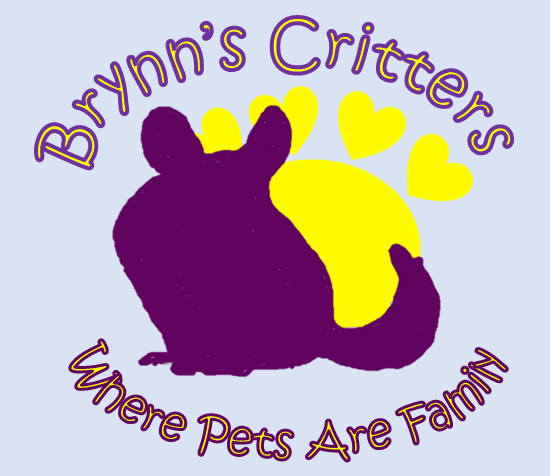Thanksgiving and Christmas
General Precautions
- Be careful about Christmas trees; they can fall over if your pet runs into them or climbs them. Tying them to something sturdy can help prevent injuries.
- Water additives for Christmas trees can often be poisonous to pets; it’s best to use plain water.
- Ornaments can be hazardous if they are breakable or made out of salt dough.
- Tinsel can cause blockages and/or wind through the intestinal tract.
- Electrical lights, candles, and potpourris are also dangerous. All of them can cause burns. Potpourri is also very toxic to pets.
- Be sure that your pet cannot run out of doors when they are opened for guests.
- Microchipping is an excellent way to identify your pet if they do escape; ask your veterinarian about this procedure.
- Have your veterinarian’s phone number and your local emergency veterinarian’s phone number easily available.
Foods
- Popular holiday foods NOT to give your pet include: turkey and turkey skin, onions, raisins, grapes, chocolate, and yeast dough.
- Plain pumpkin is good for dogs and cats! Up to two tablespoons a day for a large dog can help with constipation or diarrhea and is loaded with essential fatty acids and antioxidants. It is also low in calories. (If you feed them canned pumpkin, be sure that the only ingredient is pumpkin. Spices like cinnamon and nutmeg are not safe for your pet.)
- Plain sweet potatoes, baked potatoes, cucumbers, carrots, green beans, unsweetened cranberries, bananas, and apples are all good for your pet. (If your pet is not used to these foods please introduce slowly or give small amounts.)
- Be sure to put food away once you are done and to keep scraps and other garbage out of reach of your pet.
Plants
- Poinsettias can cause gastrointestinal symptoms like vomiting and diarrhea and can cause skin irritation, but are generally not fatal.
- Holly and mistletoe are much more toxic than poinsettias. Along with gastrointestinal discomfort, mistletoe can cause a severe drop in blood pressure, breathing problems, and hallucinations. If enough is consumed, it can lead to seizures and death.
Travel
- Traveling with pets can be great fun! Just remember that they should be secured like any other family member. To find safe pet restraint information, head over to centerforpetsafety.org.
- If you’re taking pet(s) with you during the holidays, remember to pack for your pet(s)! Food, water, dishes, leashes, harnesses, and/or head collars, as well as any medications or supplements that your pet gets regularly.
Have a great time during the holidays and keep your pets safe!


Recent Comments